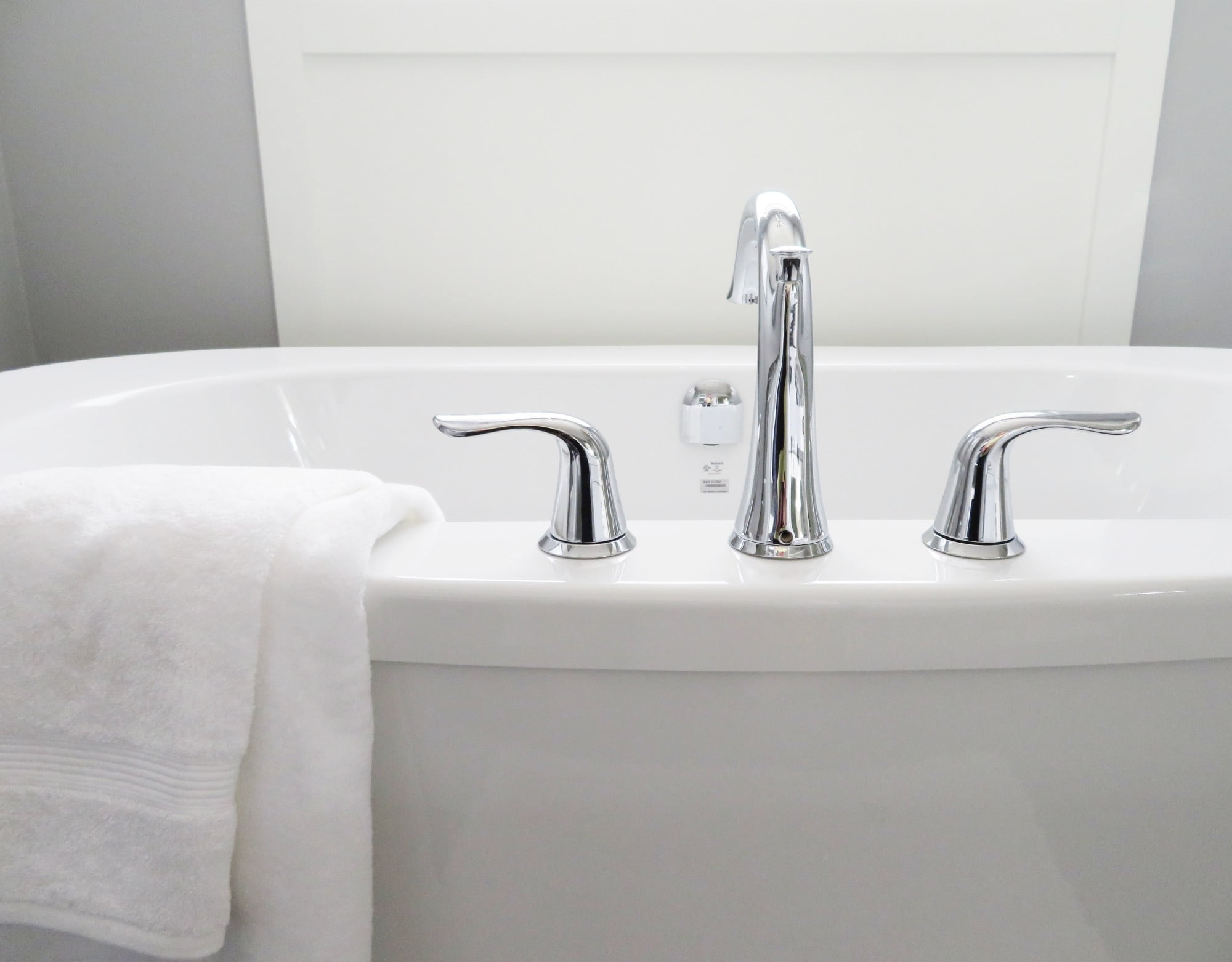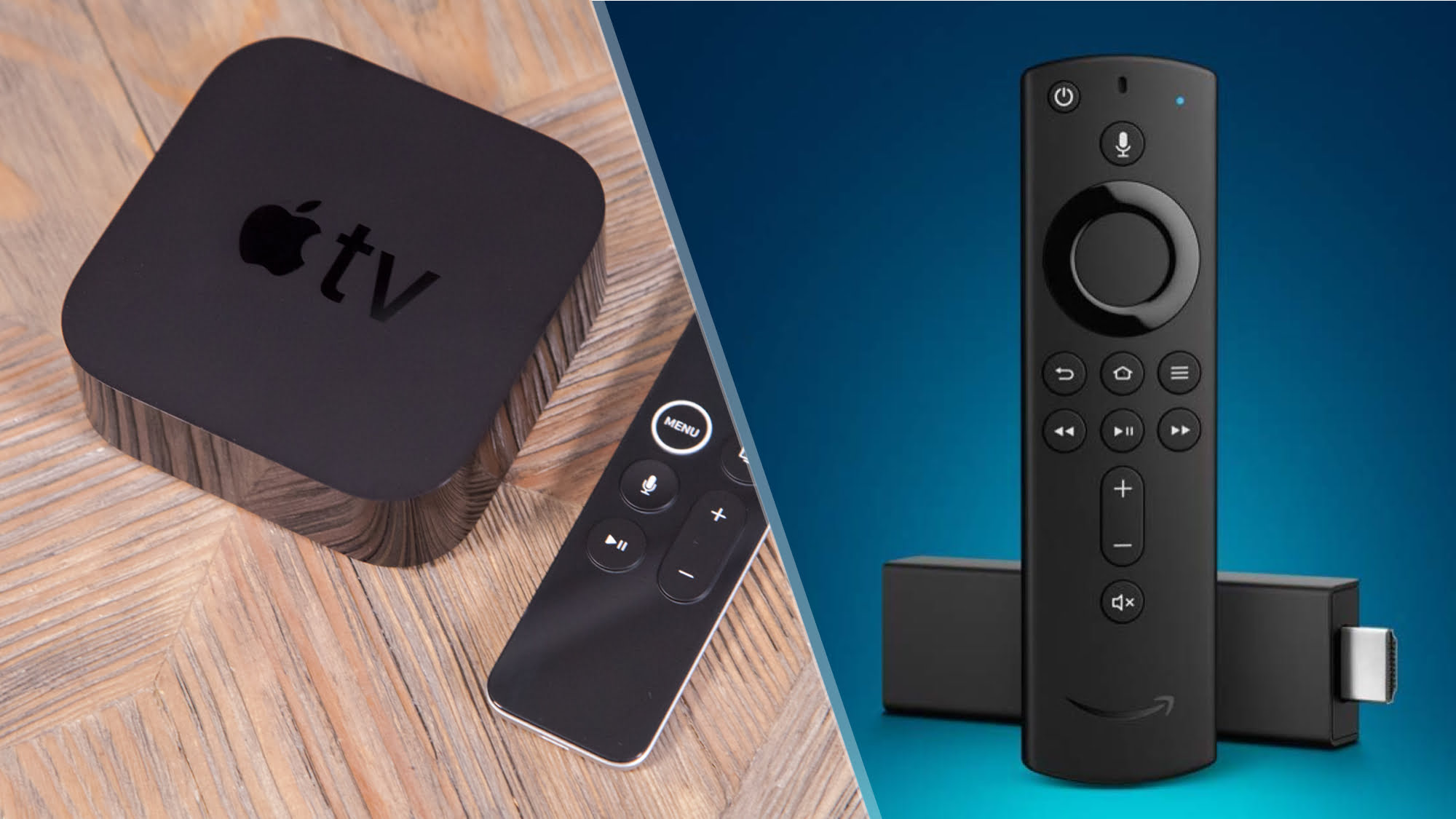
If you want to accumulate savings, generate wealth, and/or live a more financially stable lifestyle, it’s important to avoid splurging on unnecessary luxuries. These superfluous items eat away at your budget, so if you can resist the temptation of spending on them, you’ll save a lot more money.
But under this philosophy, when does it make sense to splurge on luxuries? When is it appropriate to treat yourself?
The Wide Range of Luxuries
First, we should point out that the concept of splurging on a luxury looks very different to different types of people. For some people, “luxury spending” means purchasing a new bidet for the bathroom. For some people, “luxury” spending means totally renovating the bathroom with marble floors and pure gold fixtures.
In other words, one person’s luxury is as low as $50, while another’s is six figures – or more expensive.
Because of this level of subjectivity when it comes to considering luxury spending, it’s hard to give concrete answers. To make a truly effective decision about your own personal finances, you need to understand your current income, an ideal budget for your financial position, your current level of spending, your current needs, and many other factors.
Still, there are some general guiding principles that can usually make luxury spending okay.
Possible Conditions to Warrant Luxury Spending
These are all possible conditions to warrant your luxury spending:
· A sizable windfall. If you experience a sizable windfall, it makes sense to purchase a luxury for yourself. For example, if a relative leaves you a sum of $100,000, you might take $25,000 of that and buy yourself a new car, especially if that’s something you’ve wanted for a long time. Obviously, you shouldn’t spend all of your windfall, especially if it’s a significant amount, but you can certainly take a portion and do something nice for yourself or your family.
· A percentage of income. You can also allocate luxury spending to a certain percentage of your income. This is especially valuable if you’ve already broken down other areas of your spending to percentages of your income. For example, you might attribute 30 percent of your gross monthly income to your mortgage payments and 15 percent of your income to retirement savings. In this model, you might have 5 or 10 percent of your income each month to spend on luxuries; you can spend this at your discretion or save up the extra money for a bigger luxury purchase at the end of the year.
· A percentage of net worth. Income and net worth are often correlated, but they’re two totally different things. Accordingly, you can also establish spending for luxuries based on a percentage of your net worth. This is especially valuable later in your saving and investing journey; for example, if you have a net worth of $1 million, you can easily justify a purchase of a $1,000 luxury for yourself every year, as this is merely 0.1 percent of your net worth, and it’s unlikely to affect your personal finances in any significant way.
· Mood, wellbeing, etc. You may also want to consider your mood and state of wellbeing when contemplating luxury purchases. For example, if you’re going through a particularly hard or stressful time, spending some extra money on something nice could help lift your spirits. But if you’re already exceedingly happy and you’re having a good time in general, why spend extra money now?
· Objectively measurable value. You can usually justify luxury spending when it’s made on things that have objectively measurable value, or objects whose value is likely to increase over time. For example, let’s say you’re an art collector and you want to make a $5,000 luxury purchase on a new piece of art for your living room wall. If you curate the piece thoughtfully, and you take good care of it, you might be able to sell it for even more money in the future, turning the “splurge” into an investment or a store of value.
· A reward for achieving a goal. Luxury spending also functions well as a reward for achieving a specific goal – especially if that goal is associated with some sort of financial or monetary gain. For example, let’s say you recently got a promotion at work and it comes with a raise of $15,000 a year. At first glance, that’s a reasonably good excuse to spend $1,500 or more on a celebratory purchase for yourself.
· Timing and frequency. Consistency is arguably the most important feature of long-term financial plans. There are many viable ways to improve your personal finances, and many worthy goals to try and achieve, but no matter what, consistency is going to be a prerequisite. That’s why many people choose to make their luxury spending a matter of timing and frequency; for example, they may set aside $2,000 every year for luxuries and upgrades.
It Boils Down to You
Keep in mind that these conditions aren’t universally ideal. The appropriateness of your luxury spending depends on far more variables than we can recount in a simple article, and on top of that, your entire financial and economic philosophy may differ from those of your contemporaries.
If you’re trying to save money to retire early, you’re going to have a totally different viewpoint than someone who’s just trying to make ends meet.
Financial decisions are tough. But if you’re able to juggle all the variables of your personal goals and dispositions, your practical limitations, and high-level philosophical ideals simultaneously, you’ll be in a much better position to succeed in the long term.








